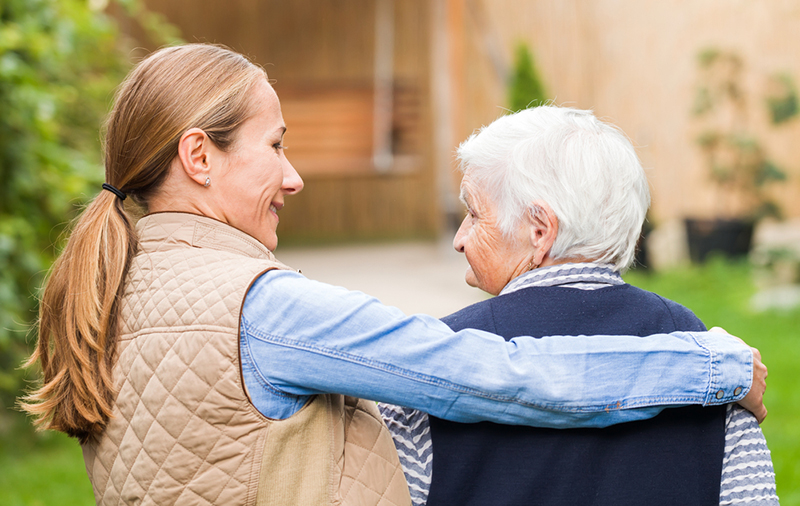written by home doctor cairns team
Knowing someone who has dementia might raise some philosophical or moral questions. If they don’t recognise me, is there any point in visiting them? Yes, there very much is.
Next month is Dementia Awareness Month and we’re being asked to help remind those with the condition that they are not alone and it takes more than just family and friends. It takes a village.
Earlier this year, House Call Doctor wrote about how to recognise the signs of the condition.
A dementia diagnosis can be very isolating and even though there might not always be clear evidence you’re helping, doing little things that keep those with the condition connected to their communities will help.
“Sixty-four per cent of those living with the condition felt isolated from friends and family following a diagnosis,” a survey done earlier this year by the UK’s Alzheimer’s Society revealed.
“Forty-two per cent of people mistakenly think that once a person with dementia stops recognising loved ones, they don’t benefit a lot from spending time with them.
The key is something called “emotional memory”. It means someone with dementia might “continue to feel happy long after a visit or experience that they may have forgotten”.
“Spending time with loved ones is important because it can stimulate feelings of familiarity, happiness, comfort and security. Staying connected and taking part in activities helps a person with dementia feel less isolated.”
Alzheimer’s Australia did similar research a few years ago and found “more than a third of the survey respondents stated they wished they had more social contact with people in the community”.
If someone you know has recently been diagnosed with a form of dementia, you could be part of keeping them connected.
It is expected that the number of Australians diagnosed with a form of dementia will be up to 400,000 in fewer than five years. Currently, it’s the number two cause of death in the country and there is no cure. So we need to become a more dementia-aware community. One day, you might get the opportunity to help a stranger and make living with dementia a little easier.
How to help
A 2014 survey of Australians with dementia uncovered some of the key barriers that prevent them from staying involved in their communities.
People with dementia said the main things keeping them from going out and doing the things they enjoyed were:
- Getting lost: 57 per cent reported being afraid to go out for fear of becoming lost or disoriented
- Staff in stores: 48 per cent said they had difficulty communicating with staff in stores
- How other people feel: 25 per cent reported other people seemed to feel uneasy around them when they learned of their diagnosis.
Remember, someone with dementia might appear difficult but if we can all become a little more literate of the signs of dementia and what those who have the condition need to participate in our communities, we’ll be helping in the longer term.





